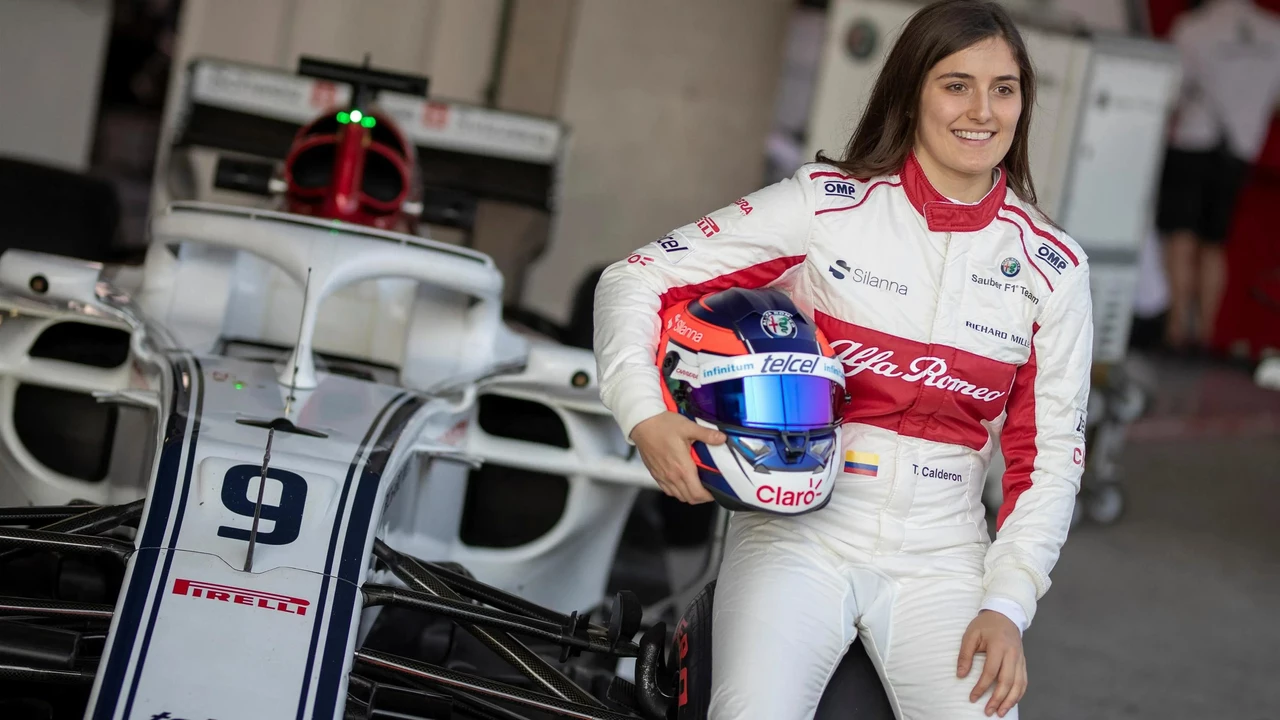Unveiling the Intense World of Motorsport
As a die-hard motorsport enthusiast, I am often asked, "Are race drivers truly athletes?" I've always found this question to be a fascinating one, as it delves into the heart of what we consider sports, athleticism, and the skills necessary to excel in different fields. Understanding the world of motorsport is crucial to answering this question, as it's not just about driving a car at high speeds. Sure, that's a part of it, but there's so much more to this thrilling, adrenaline-filled sport.
Motor racing is a high-intensity, mentally and physically demanding sport that requires a unique set of skills. It combines elements of strategy, precision, endurance, and raw talent. Drivers often face extreme conditions, pushing their bodies to the limit while trying to outmaneuver their opponents. It's not just about who has the fastest car, but also about who has the best technique, the strongest focus, and the most effective strategy.
Physical Demands of Motor Racing
The physical demands of motor racing are immense. Despite the fact that drivers are sitting down during races, the physical strain is comparable to that of more 'conventional' sports. The forces exerted on a driver's body during a race can be brutal. In Formula 1, for example, drivers can experience forces up to 5G during corners – that's five times the force of gravity!
Drivers need to have an incredibly high level of cardiovascular fitness to cope with these forces and the intense heat inside the cockpit. They also require tremendous core strength to control the car at high speeds, and a strong neck to resist the gravitational forces during high-speed turns. The fact that a typical Formula 1 driver loses about 4kg of weight during a race due to sweating should be enough to convince anyone of the physical demands of this sport.
Mental and Emotional Strength
Just as important as the physical aspects of motor racing are the mental and emotional demands. The ability to focus for extended periods of time, make split-second decisions, and stay calm under extreme pressure are all crucial traits for a successful race driver. A driver needs to have the mental agility to swiftly assess situations, anticipate problems, and make strategic decisions at high speeds.
Emotionally, drivers need to be able to manage fear, stress, and frustration. They must maintain composure even when things go wrong, and have the resilience to bounce back from setbacks. This emotional strength is as important, if not more so, than physical strength in the world of motor racing.
The Rigorous Training Regime
Like any other athlete, race drivers follow a strict training regime. This often involves a combination of cardio workouts, strength training, and activities designed to improve reflexes and concentration. In addition, drivers spend countless hours in driving simulators, honing their skills and learning to react to a variety of scenarios.
A race driver's diet is also carefully monitored and controlled to ensure optimal performance. They are often assisted by nutritionists, personal trainers, and sports psychologists – all hallmarks of professional athletes in other sports.
Are Race Drivers Athletes? The Verdict
So, are race drivers athletes? Based on the physical, mental, and emotional demands of motor racing, and the rigorous training regime followed by drivers, I would say the answer is a resounding yes. The skills and abilities required to excel in this sport are comparable to those required in more 'conventional' sports. Not only do race drivers need to be in peak physical condition, but they also need to possess an exceptional level of mental agility and emotional resilience.
In my view, anyone who can control a machine at high speeds, while enduring intense physical strain, constantly making strategic decisions, and managing their fear and stress, is nothing short of an athlete. And as a motorsport fan, I can confidently say that the drivers I admire and support are some of the most dedicated, talented athletes in the world.
